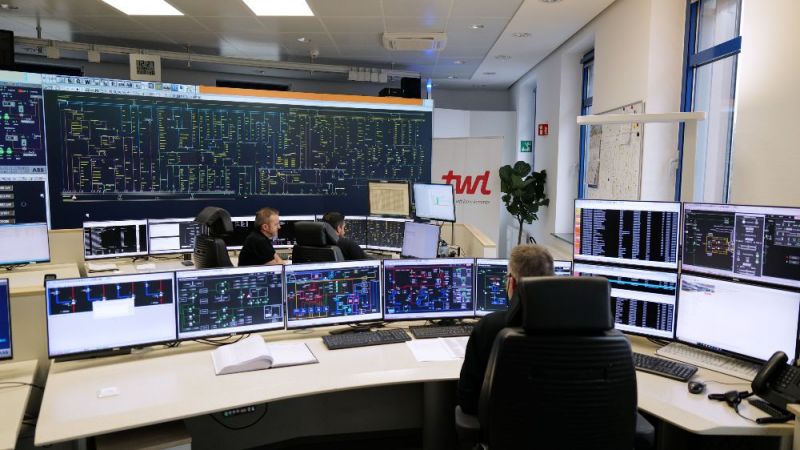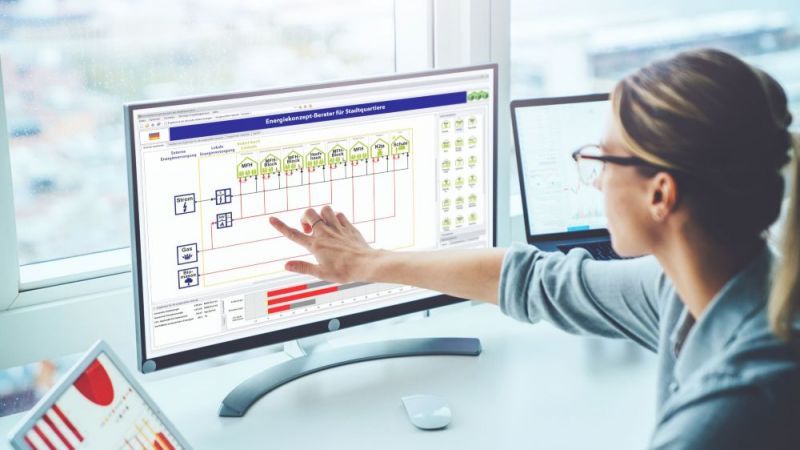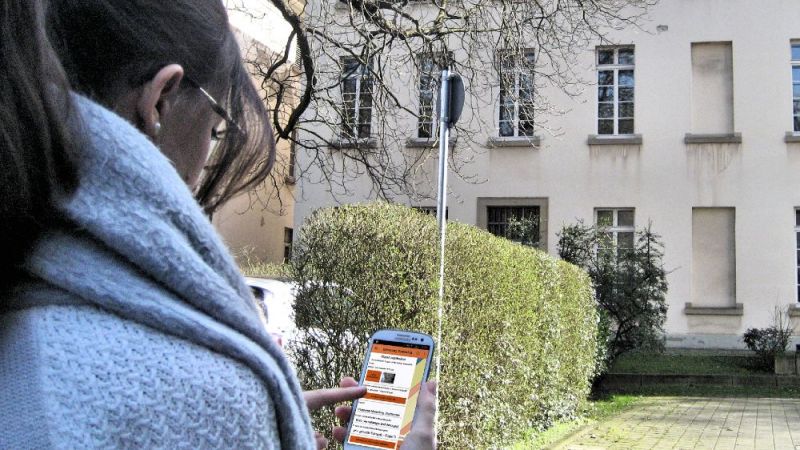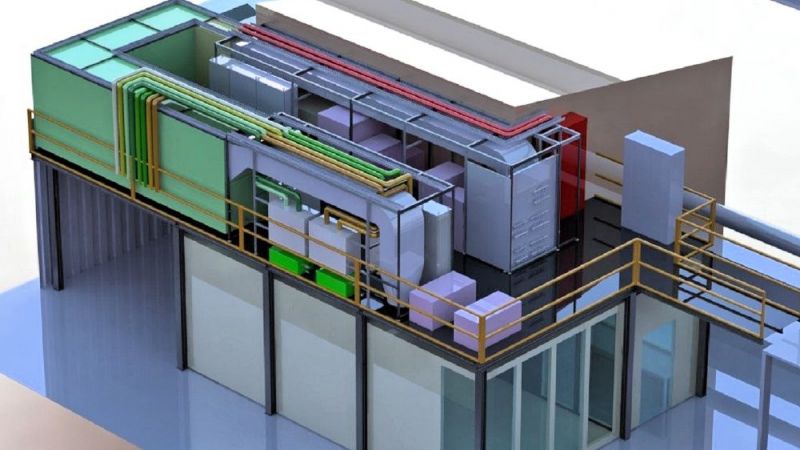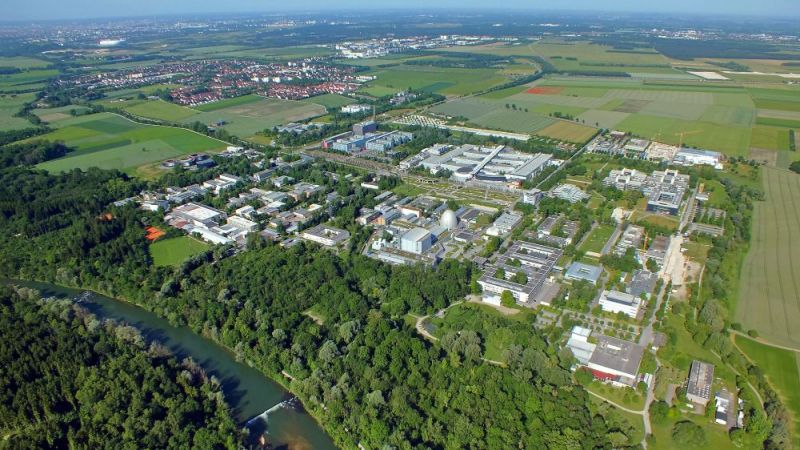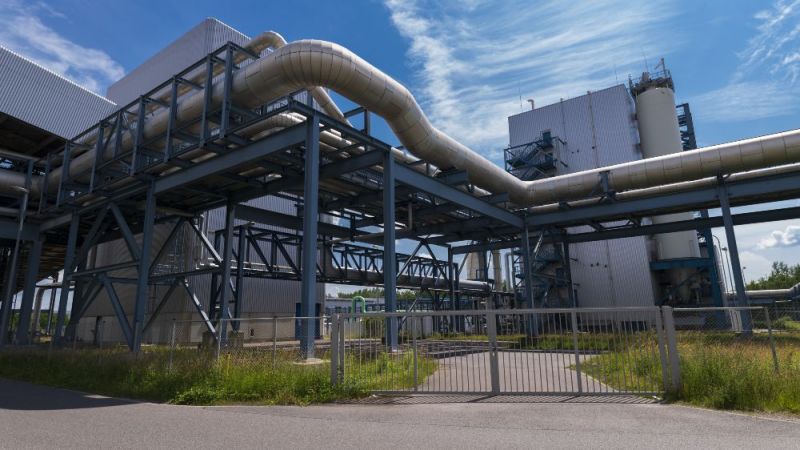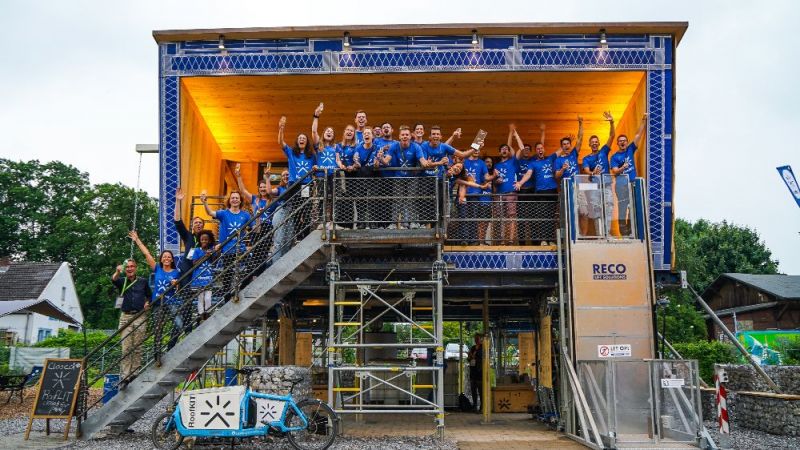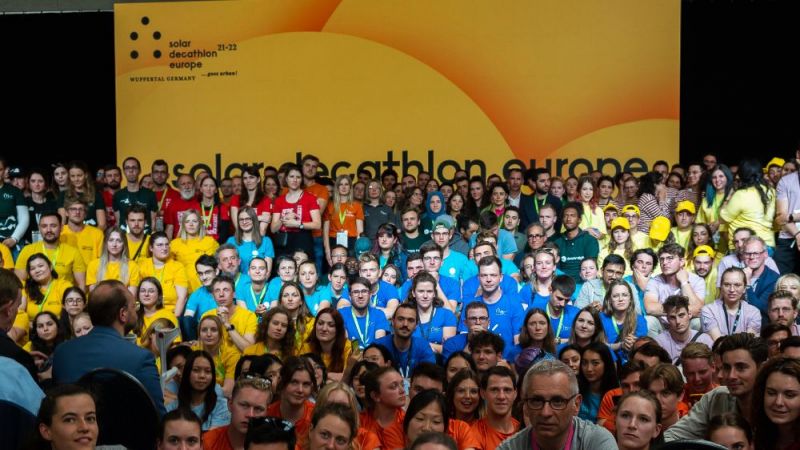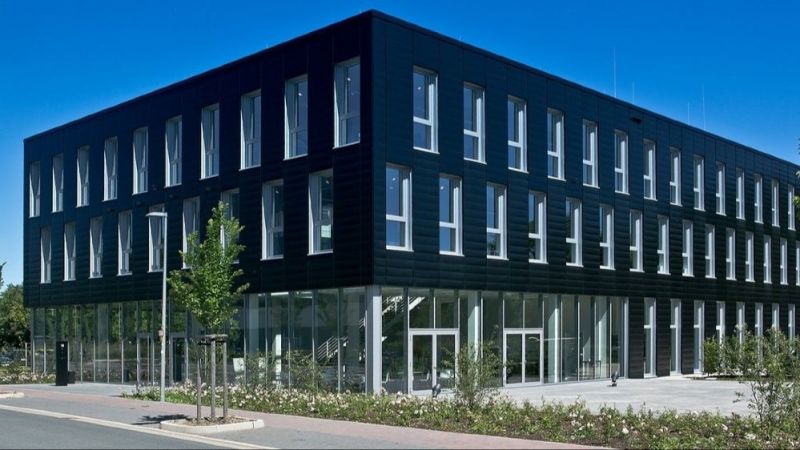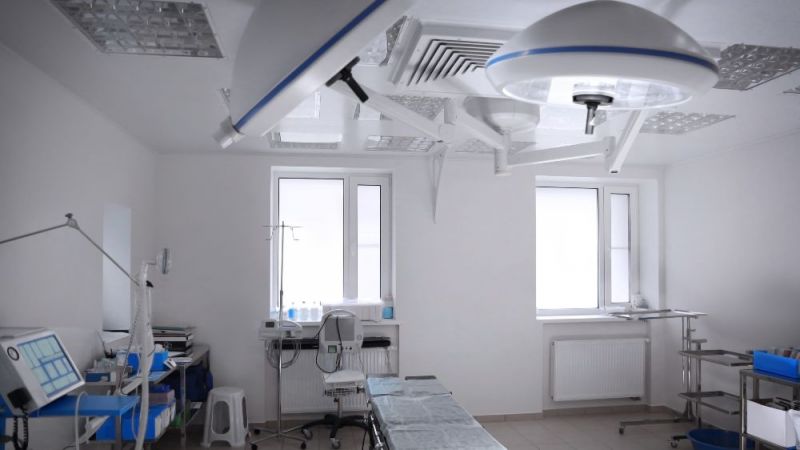
Financing models
Energy efficiency at universities through intracting
The research project is transferring the intracting funding model tested in municipalities to the special conditions that exist at universities. This is intended to support internal university energy management, develop economic energy-saving measures and relieve university budgets of energy costs. The University of Kassel and four other universities will test the implementation concepts developed in the project and the simulation tool developed for strategically planning and designing the intracting.
The financial restrictions in many cities often prevent the realisation of sensible and necessary investments for improving the energy efficiency of the existing building stock. In Stuttgart and several other municipalities, a new funding instrument has been developed since the mid-1990s which draws on the “contracting” concept but operates exclusively with municipal budget funds. This so-called intracting scheme is now being used with increasing success in municipal practice. The IntrHo research project aims to transfer this approach, which has been tried and tested in municipalities, to the special conditions at universities.
Even highly efficient energy-saving measures are often not implemented at universities. University administrations often lack both the staff and financial resources for the necessary investments. In addition, these also compete with investments in teaching, research or necessary administrative tasks. The project focuses on this dilemma of trying to achieve long-term goals while coping with short-term budgetary constraints. The aim is to develop and test an application-oriented, transferable concept using the intracting method. It is intended to enable internal university energy management to continuously work on increasing the efficiency of the university buildings, thus leveraging existing energy-saving potential.
An Hochschulen werden selbst hochwirtschaftliche Energiesparmaßnahmen vielfach nicht umgesetzt. Es fehlen der Hochschulverwaltung häufig sowohl das Personal als auch die finanziellen Mittel für die erforderlichen Investitionen. Zudem konkurrieren diese mit Investitionen in Lehre, Forschung oder in notwendige Verwaltungsaufgaben. Auf dieses Dilemma zwischen langfristigen Zielen und kurzfristigen Zwängen bei der Mittelvergabe fokussiert das Projekt. Ziel ist es, mit dem Intracting ein anwendungsorientiertes, übertragbares Konzept zu entwickeln und zu erproben. Es soll das hochschulinterne Energiemanagement in die Lage versetzen, kontinuierlich an der Effizienzsteigerung der Hochschulgebäude zu arbeiten und somit vorhandene Energieeinsparpotenziale zu erschließen.
Research focus
It will be investigated how the intracting model can be implemented at universities in order to develop economic energy-saving measures and to relieve university budgets of energy costs. In addition to the methodological aspects, simulation tools are being developed with which the implementation can be visualised and optimised under university-specific framework conditions.
Central idea and approach
Intracting is based on the re-financing of energy-saving measures using funding saved as a result of energy efficiency improvements. This requires the allocation of funding that is separate from the rest of the budget, for example an “intracting fund” at universities, which is furnished with one-off, initial financing. This is used to finance initial measures that deliver energy savings over time. These savings are then credited to the intracting fund. This additional funding then enables new measures to be financed. With the proper design, implementation and application, the underlying financial and organisational conditions are therefore created for the continuous, energy-efficient modernisation of buildings.
Testing and application
For the University of Kassel and four other higher education institutions, model implementation concepts are being drawn up by the respective energy departments. A broad spectrum of university-specific framework conditions will therefore be covered. In addition, the five universities will also test the simulation tool developed in the project for strategically planning and conceptually designing the intracting approach. Besides the research project, intracting is also being introduced at the University of Kassel. The experience gained from the application in Kassel will be incorporated into the research project. Conversely, the general concepts, methods and tools developed in the research project will be tested in practice at the five university locations.
30.11.2021







